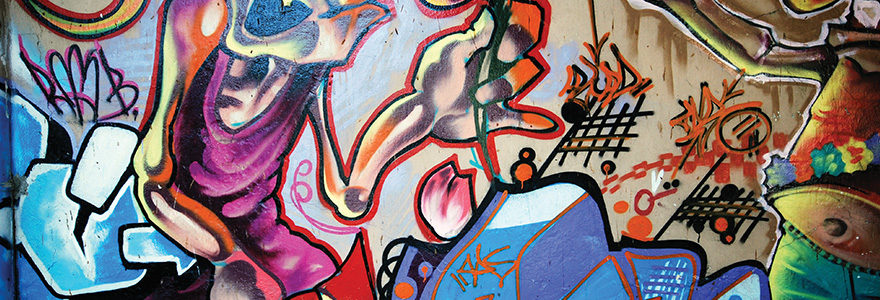Programs
Contact
For all FIMS undergraduate-related inquiries, including booking appointments, please contact:
Undergraduate Student Services
macs@uwo.ca
519-661-3542
Media, Information & Technoculture (MIT)

Don't just know the how, know the why
Today, we live and breathe media, minute-by-minute, hour-by-hour. News, television, social media, celebrity culture, music, and more. Our philosophy is: if you’re going to consume it, you need to understand it. In MIT, your studies will focus on modern communication and information technologies, and how they influence your life in ways that you may not even recognize.
What does it mean to study media critically?
Critical media studies requires you to study the subject in-depth, analysing and critiquing what you find. From newspapers, radio and television, to the Internet and mobile technologies, media, communication technologies and information tools impact our daily lives in countless ways. We use them to socialize with others, to seek out or share information and entertainment and to participate in social and cultural debates. But what are media, exactly? How do media institutions, technologies, and content inform the development of society and culture and influence our activities and behaviours?In turn, how do users shape media? What role does the economic structure of media institutions play in shaping our relationship with them? In what ways does the organization and presentation of information influence our understanding of the world and our place in it? How are user-generated forms of media such as social networking sites, blogs, and collaborative informational sources like Wikipedia changing the modern media environment?
These are just some of the questions you would examine as a student in the Media, Information & Technoculture (MIT) program.


